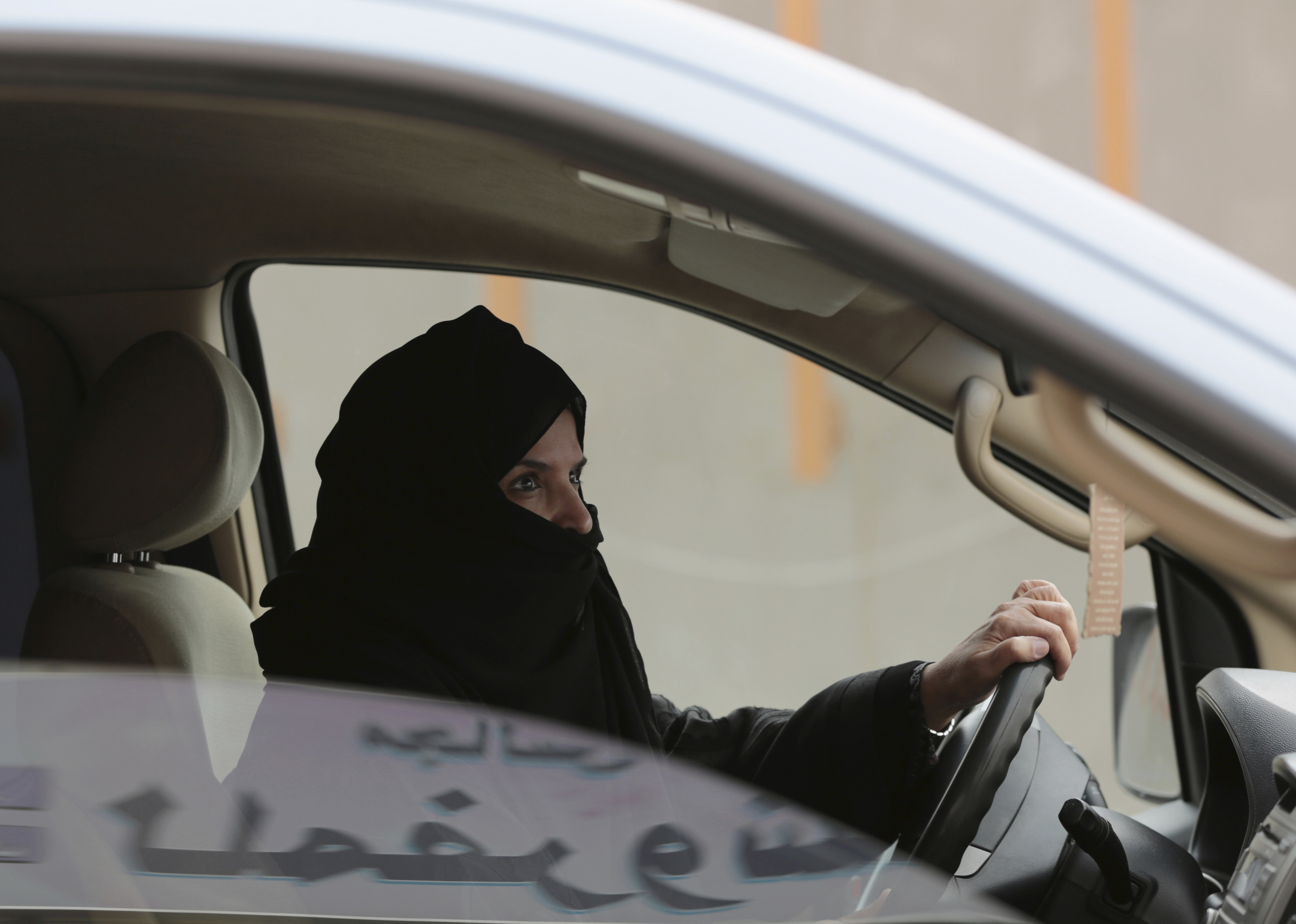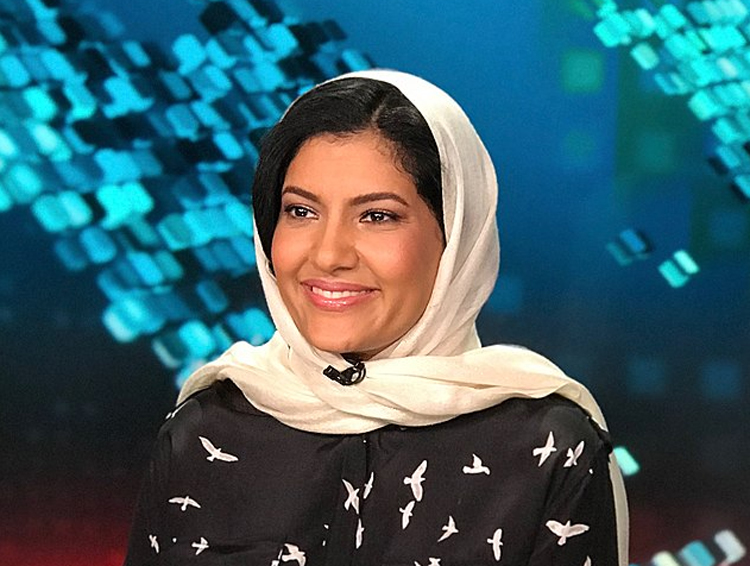Nearly a dozen Saudi women's rights activists seated before a three-judge panel in a Riyadh courtroom Wednesday laid out their defense and spoke of physical and sexual abuse they say they were subjected to by masked interrogators, according to people with knowledge of the case.
It marked a significant moment for the 11 women on trial, nearly all of whom were taken from their homes in the Saudi capital 10 months ago and transferred to the Red Sea city of Jiddah just weeks before the kingdom lifted its ban on women driving.
The women, appearing in their second court session since their arrest in May, had long pushed for the right to drive and called for an end to restrictive male guardianship laws. The laws require women of all ages to have a male relative's consent to travel abroad, obtain a passport, marry or undergo certain medical procedures.
Several people with knowledge of the cases say charges against the women relate to their efforts to promote women's rights and having contact with accredited foreign reporters, diplomats and human rights groups.
On Wednesday, the women sat next to their relatives in Riyadh's criminal court and spoke through a microphone to the presiding judge who sat before them, according to details provided to The Associated Press. In between the emotional speeches, in which some of the women wept, they were able to hug and speak with one another and their families.
The women were expected to appear back in court next week for what could be the final session of the trial.
Journalists working for foreign media, diplomats and other independent observers have not been allowed to sit-in on the hearings.
The judge was expected to decide Thursday whether to grant some of the women temporary release from prison. The releases, if granted, would not be before Sunday.
One of the women told the panel of three judges that several men, who seemed intoxicated, appeared late one night and took her from her place of detention in Jiddah to a nearby secret location.
It's there that the women have said they were caned on their backs and thighs, electrocuted and waterboarded by masked men who did not identify themselves. Some women say they were forcibly touched and groped, made to break their fast during the Muslim holy month of Ramadan, and threatened with rape and death. One of the women attempted suicide in prison.
The Associated Press learned of the details from several people with knowledge of the arrests. All spoke on condition of anonymity for fear of reprisal and to protect personal details about the detainees.
The government has denied charges of abuse as 'wild claims' that are 'simply wrong.'
The kingdom, meanwhile, continues to face international criticism over the assassination of Washington Post columnist Jamal Khashoggi at the Saudi Consulate in Istanbul in October, allegedly by members of Prince Mohammed's entourage, as well as over its yearslong war in Yemen.
A person with knowledge of the women's cases said one of the 11 women asked to postpone presenting her defense in order to have more time to prepare.
Several of the women on trial are considered Saudi Arabia's most prominent rights activists. Among them are Aziza al-Yousef, a grandmother and former professor and Eman al-Nafjan, a mother of four and linguistics professor, and Loujain al-Hathloul an outspoken rights activist who was pursuing a master's degree in the United Arab Emirates before her family says she was abducted and forcibly returned to Saudi Arabia last year.
State-linked media published images of the three women and branded them traitors and 'foreign agents' shortly after their arrest.
Last month, some of the women were pressured into signing a request for a royal pardon, according to people with knowledge of the arrests.
Loujain's brother Walid al-Hathloul said relatives don't know what to expect. He spoke to the AP from the United States.
'These guys are unpredictable. The mood changes,' he said, referring to officials in the kingdom.
The 11 women on trial in Riyadh appear to be facing similar charges related to peaceful human rights work, including promoting women's rights, according to Human Rights Watch.
HRW said at least two of the women are accused of sharing information about women's rights in Saudi Arabia with accredited foreign journalists, diplomats, and international human rights organizations.
Several people with knowledge of their cases told the AP the women are being tried separately and have been allowed to appoint lawyers. However, Saudi Arabia's human rights lawyers have either been detained or live in self-imposed exile abroad, leaving families with few independent options.
Two other prominent women's rights activist detained in the crackdown, Samar Badawi and Naseema al-Sada, are not among the 11 being tried in Riyadh. In total, more than 20 people have been detained in connection to women's rights activism.
Prosecutors allege those arrested had the 'aim to undermine the kingdom's security, stability and national unity.'
Al-Hathloul questioned the alleged criminal offense of speaking to reporters.
'If talking to foreign Western journalists is a crime so why Saudi officials are having interviews with Western media?' he said.











